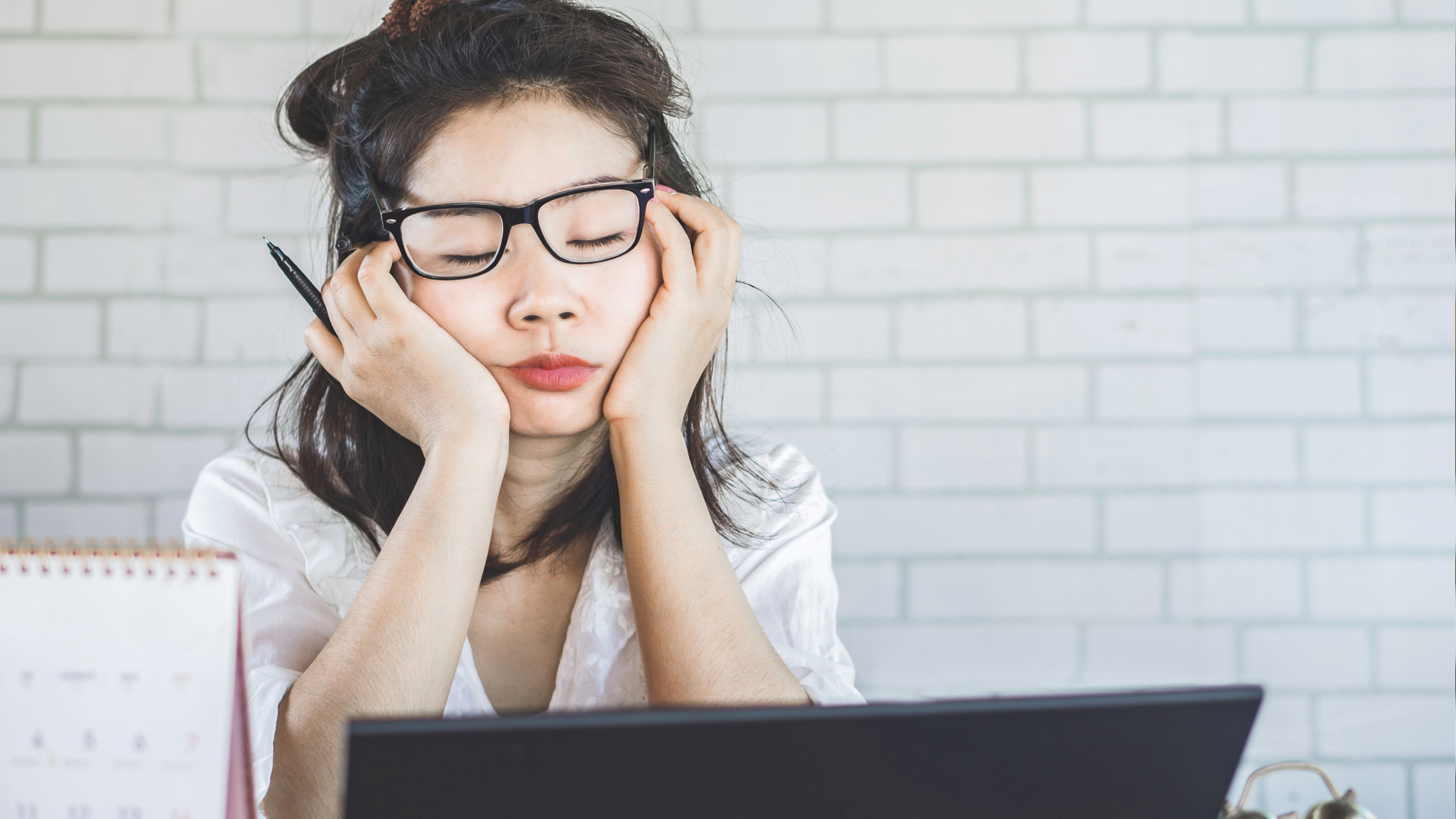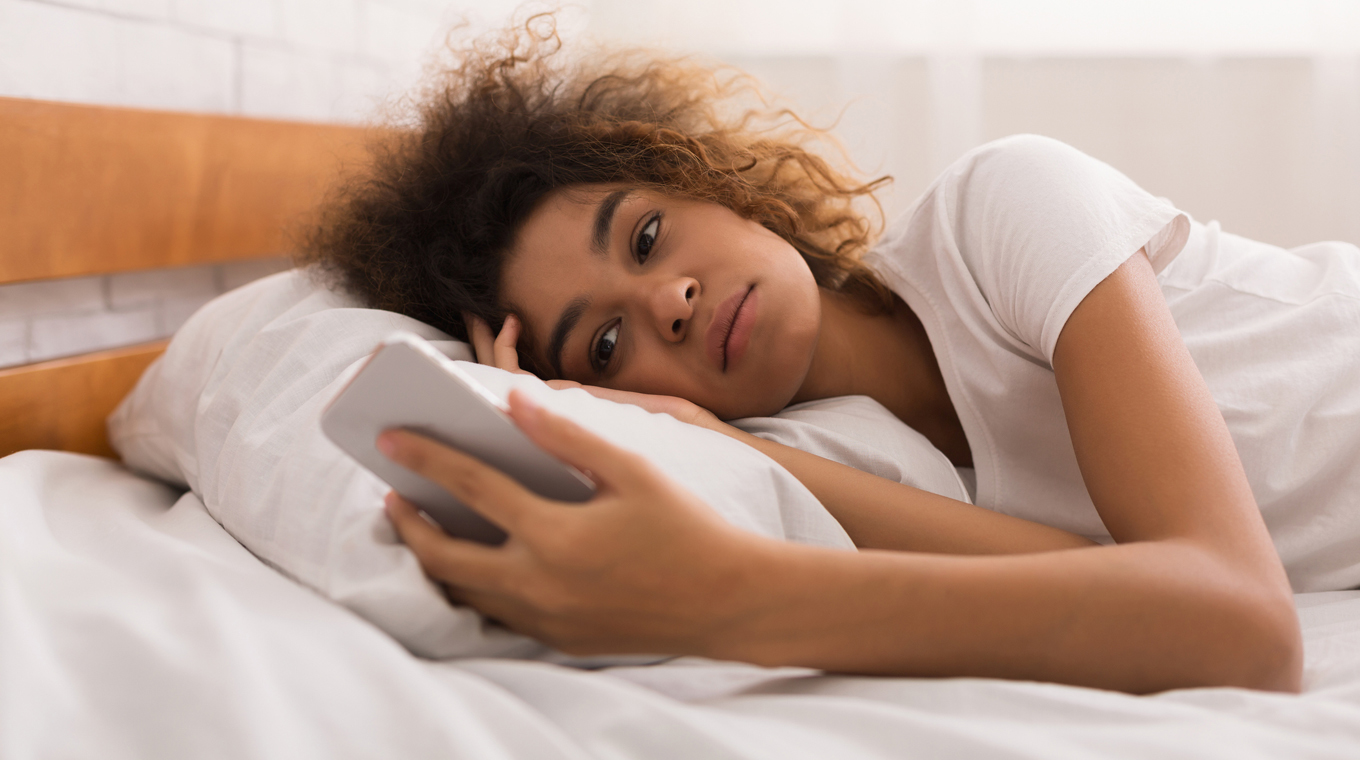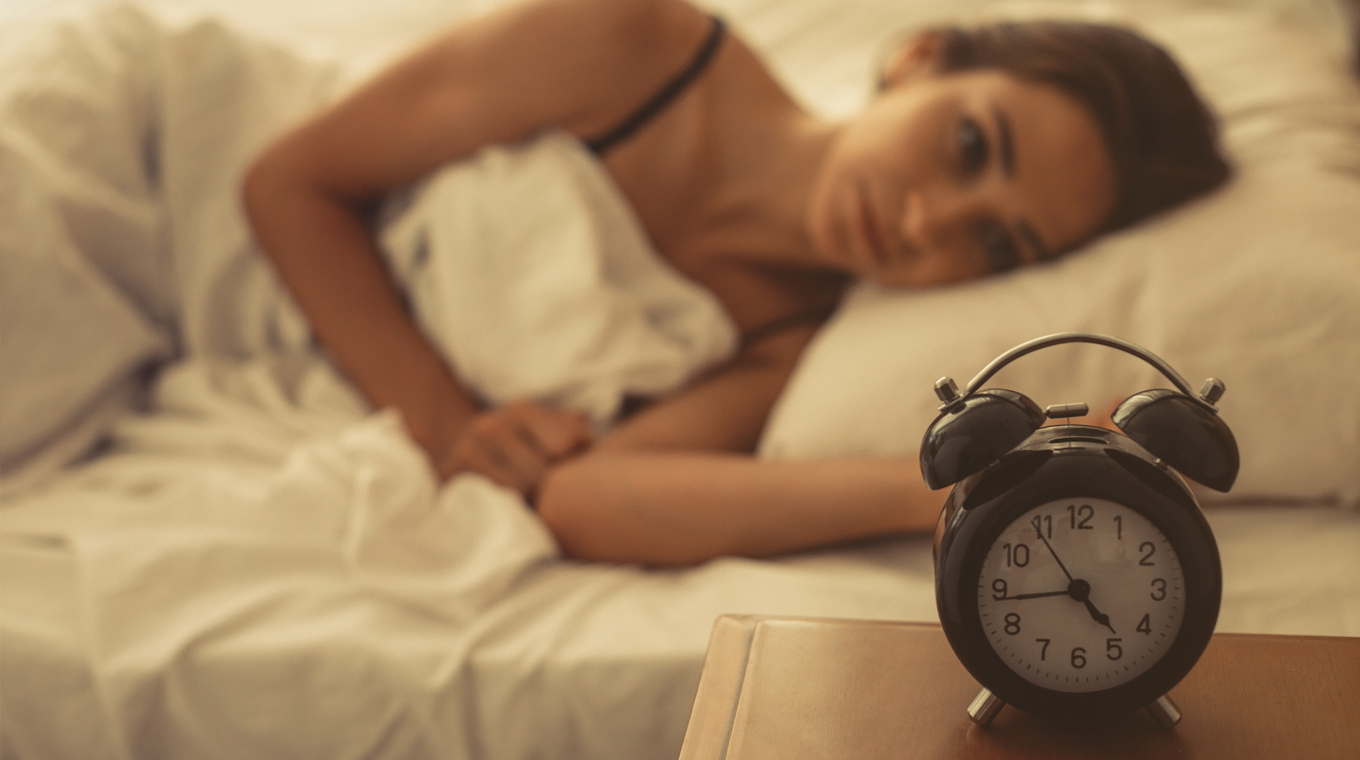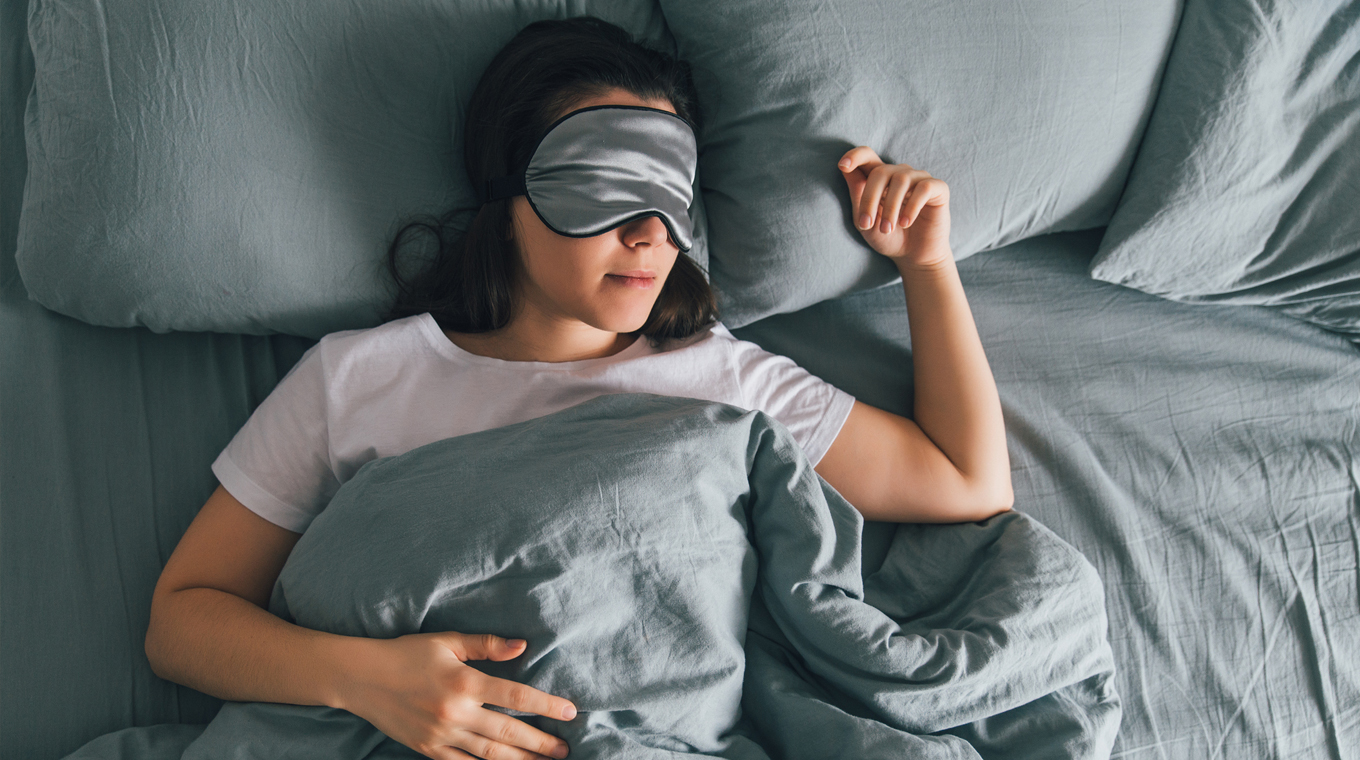
In this article
Are you having trouble sleeping?
It’s only natural that the global pandemic wreaking havoc with the economy is creating stressful times — and that is causing sleep disturbances for a great many people. Even the news that some cities are relaxing their stay-at-home orders can be stressful, as people brace themselves for a second wave of the virus.
“My sleep cycle was getting really bad,” San Francisco mom Elena Jinzo told Mom.com. “So I did two things: I signed myself up for over-the-phone wellness coaching, and checked my blood pressure. Turns out all the sitting, salt, video calls, snacks, and Friday TGIF’s weren’t so good for me. Now I’m doing much better,” she reports.
Why we need more sleep during stressful times

“Sleep is the most regenerative thing we can do for our body to create resilience, improve our immune system, and heal. Sleep is the definition of restorative. I encourage getting seven to nine hours of sleep a night,” Dr. Anna Cabeca, the author of The Hormone Fix, told Mom.com.
Ironically, a person’s desire to catch all those “Z’s” might be the very thing that keeps her up at night. Dr. Michael Breus, who advises the Six Senses Hotels Resorts Spas as the company's “Sleep Doctor,” addressed the role that stress plays in disrupting restorative sleep.
“Stress and sleep exist in a bi-directional relationship. Just as stress and anxiety trigger insomnia and other sleep problems, lack of sleep increases stress and anxiety,” he told Mom.com.
How stress impacts sleep

Dr. Cabeca went on to talk about the role that cortisol plays in well-being. “Stress increases cortisol, which increases blood sugar. The more stress we have, the more cortisol we have,” she said.
And living through a pandemic is exactly the kind of thing that can increase your body’s cortisol production. “Even thinking about the potential risks of getting the coronavirus or someone you love being exposed to it can increase cortisol. This disrupts our adrenal balance,” Dr. Cabeca continued.
“This often causes people to have worrisome thoughts, thus preventing them from getting to sleep, or they wake up in the middle of the night. The middle of the night awakening is often related to a cortisol surge at that time,” she said.
Tips to manage stress and get better sleep

Psychologist Dr. Candice Seti specializes in treating insomnia. She offered Mom.com the following suggestions:
1. Be consistent with your sleep schedule
Your body thrives on routine and schedule. And the more routine you give it, the better it adapts to it. Sleep is no exception. But with all that is going on in this world right now, people have fallen out of their sleep routines and that can fuel health problems, both physical and emotional.
Following the same sleep schedule (same bed time, same awake time) every day, sets up your internal clock to do most of the work for you. It will start to cue you when it’s time for bed, and it will wake up much easier in the morning. Plus, it will take less time to fall asleep and get you the most recovery benefits from your sleep.
2. Use your bed only for sleep
Being home all the time has set us up to start spending more time hanging out on our beds. During the day, watching TV, doing work on laptop, etc. The problem with this is that our bed should be the thing we connect closest with sleep and sleepiness. But, when we use our bed as a place to watch TV, pay our bills, make phone calls, play with our kids, or any other sorts of wakeful activities, we end up changing that connection.
Try to limit the use of your bed to sleeping and sex and move all of your other activities elsewhere. It will make your bed a strong cue for sleep.
3. Don’t use alcohol as a sleep aid
Many people consume alcohol in the evening because it “helps them sleep.” This is an erroneous belief because what it actually does is help them FEEL like they have less anxiety and while it may initially make them feel sleepy, it doesn’t help them stay asleep or help the quality of their sleep. Alcohol is a depressant which is metabolized in our body during sleep, and actually interferes with our sleep quality and keeps us from getting the deep, restorative sleep that we need to feel fresh and rested the next day. Skip the alcohol and try chamomile tea or lavender.
4. If you can’t sleep, get out of bed — for a short while
Waking up in the middle of the night is frustrating. Tossing and turning and constantly checking your clock doesn’t help anything — in fact, it actually makes it harder for you to fall asleep. Staying in bed when you are awake subconsciously connects being in bed with being awake, and that is the LAST thing you want if you want to sleep well.
So, instead of pretending like you are going to fall back asleep any second, get out of bed for 20-30 minutes and engage in a quiet activity (reading, writing, doing a puzzle). DON’T use this as an opportunity to check the news or the latest coronavirus stats! That will only build physiological arousal and make it that much harder to fall asleep. Then, when you are feeling sleepy again, go back to bed and try again.







